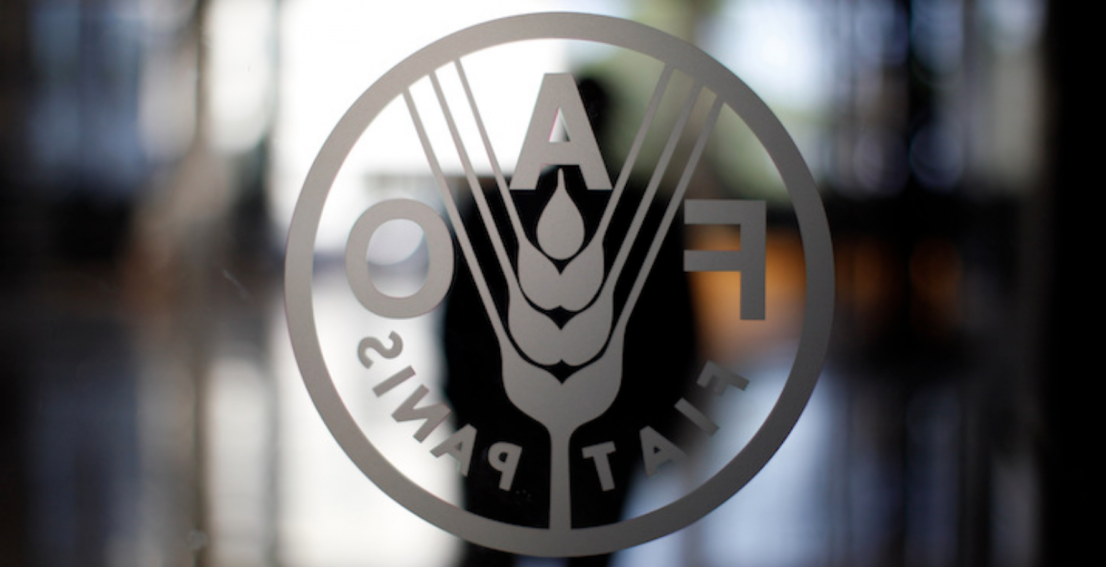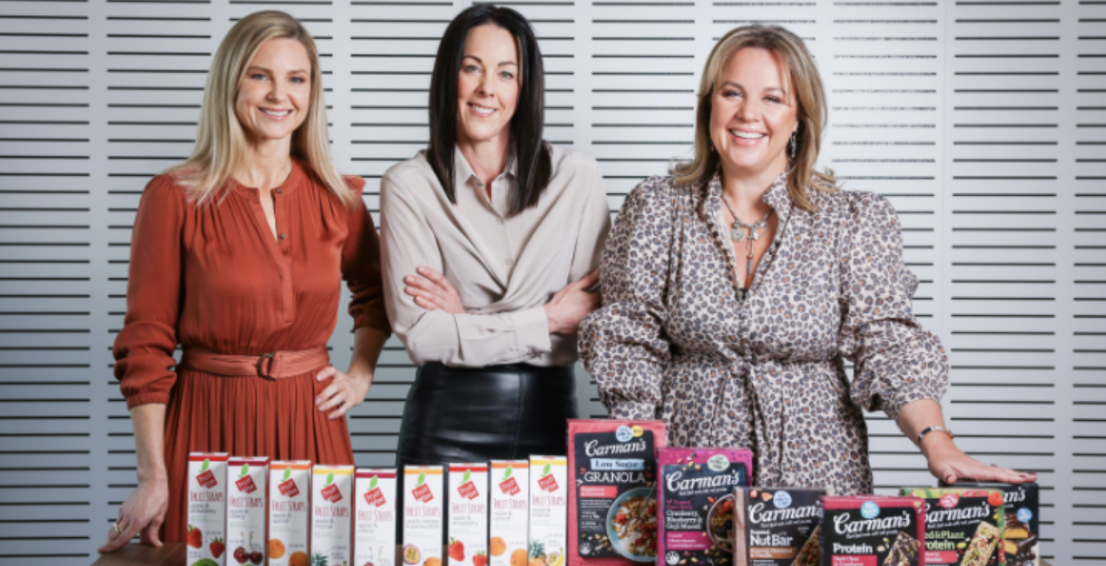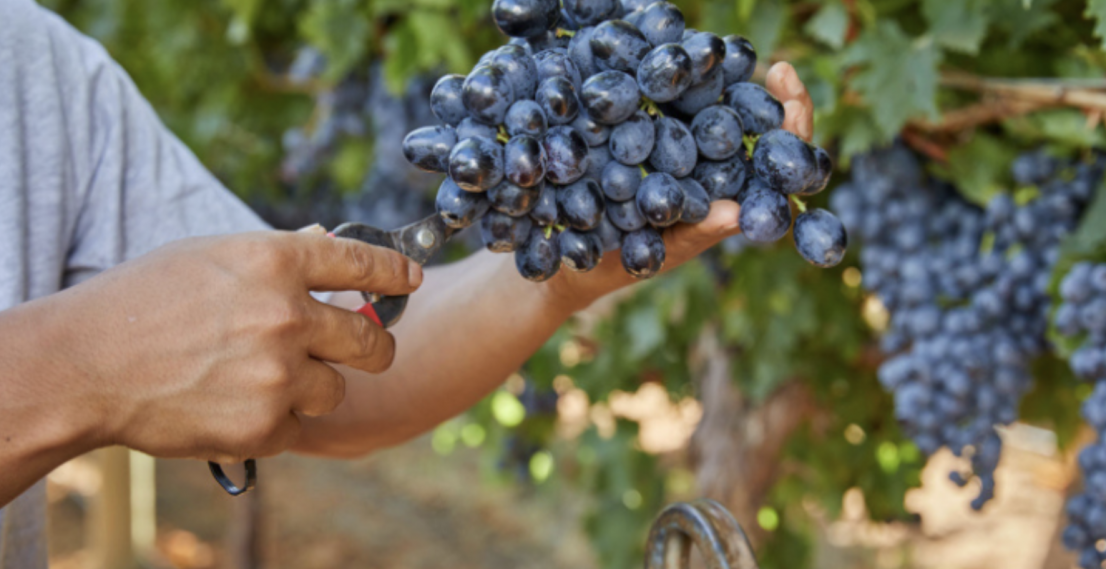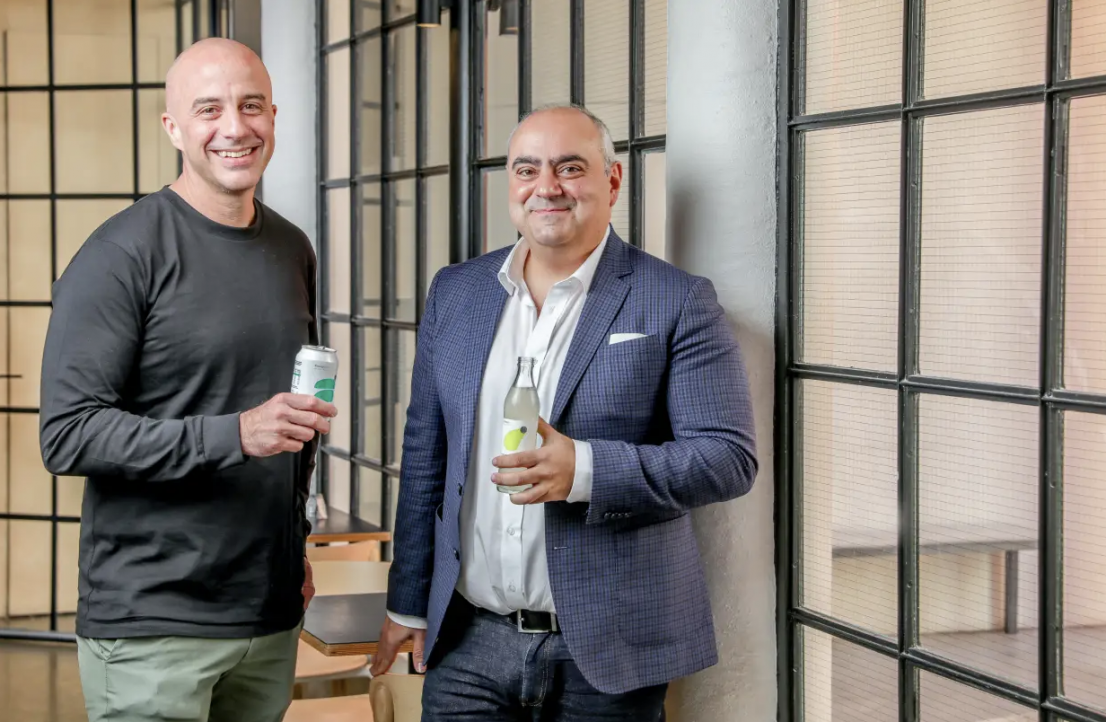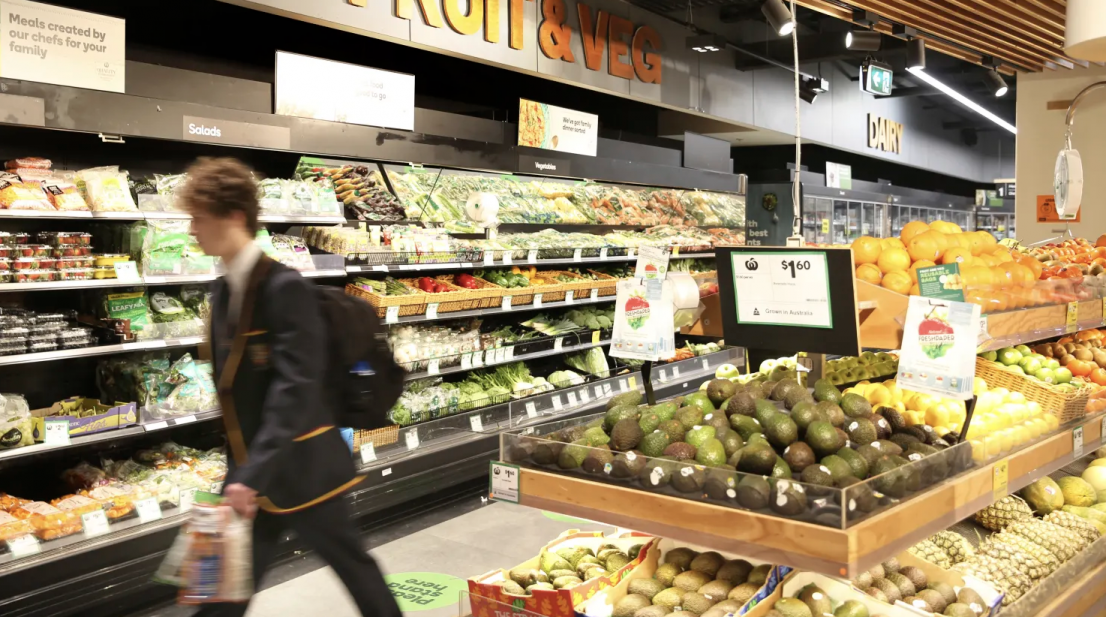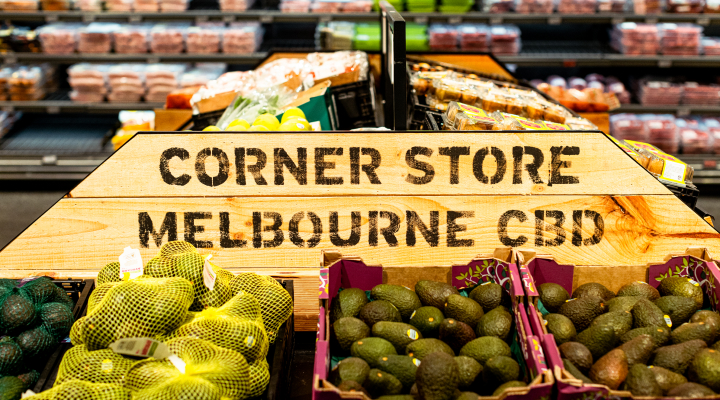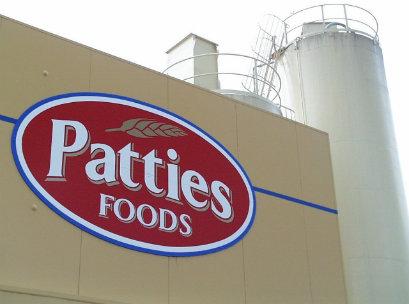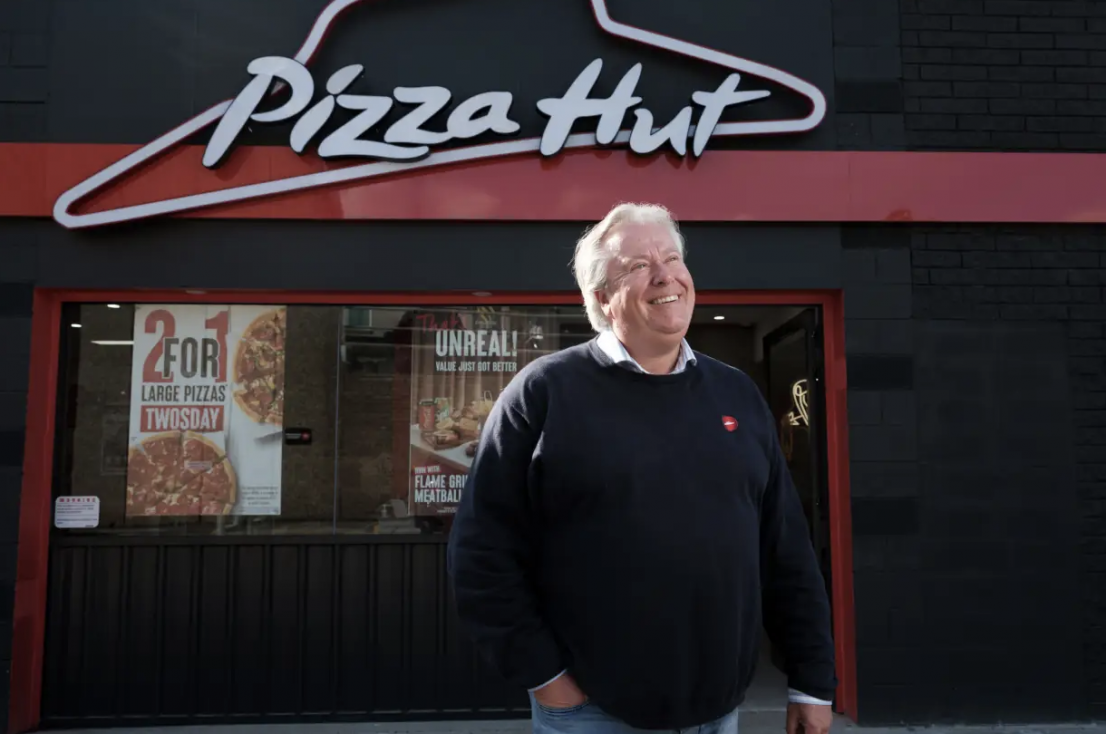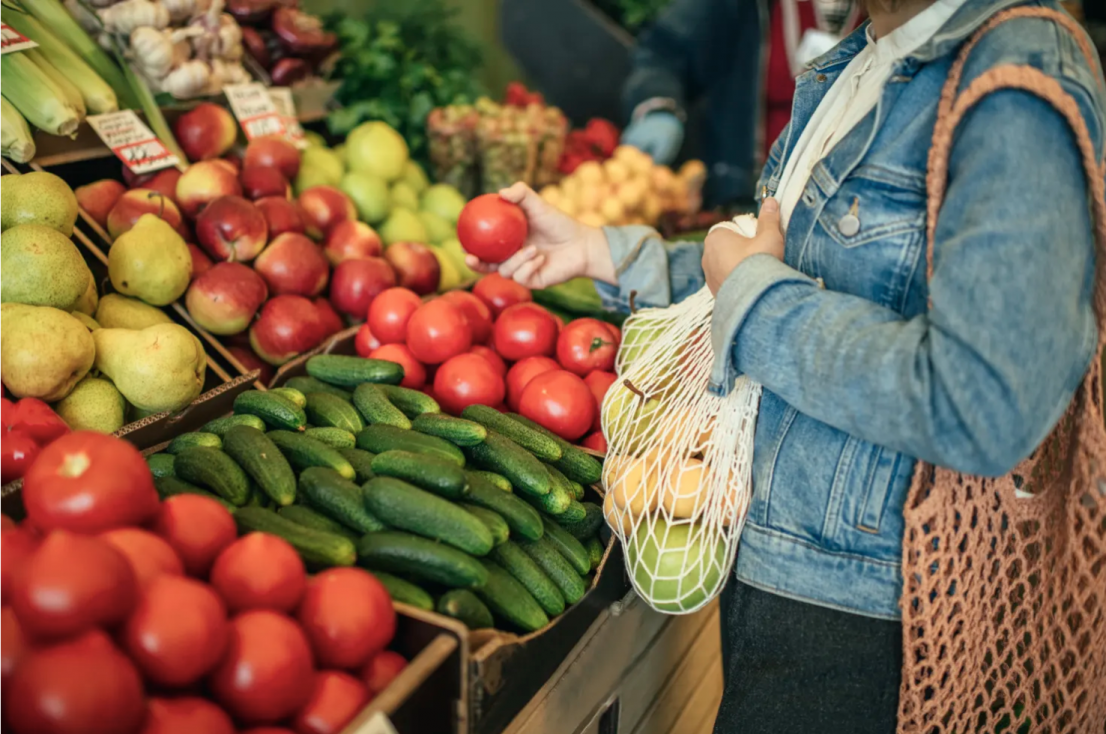
Grocery retailers say consumers can finally expect better prices as fresh produce flows back into stores, even as growers continue to contend with mounting production costs.
After months of constrained supply, due to extreme flooding along the east coast, supermarket retailers said this week that conditions have at last stabilised and could improve further.
At Coles, an increased supply of strawberries, corn, capsicums and citrus have flowed through for the start of spring, while tomatoes have also rebounded as weather conditions improved along the east cost.
“We now have strong volumes across many lines, although some are still in restricted supply,” the supermarket giant said, noting that chillies continue to be impacted by cooler weather in Queensland.
Woolworths has noted the same trend, flagging that berry suppliers have forecast strong volumes in the lead-up to Christmas.
“Pleasingly, the warmer weather has brought with it a return to lower prices, with a range of produce including lettuce, berries, tomato, broccoli and cucumber back in strong supply,” a spokeswoman said.
An Aldi spokesman said consumers will continue to see an increased range of produce over the coming months, while categories that have been under pressure have now bounced back. “The supply of lettuce, loose-leaf greens and other fresh produce has stabilised as a new yield of crops have been picked and delivered to stores, resulting in a normalisation of prices and availability.”
Third La Nina not expected to dampen availability
But while the days of the $11 a head iceberg lettuce are over for now, produce growers are divided about future pricing and availability, with many reporting they are still facing uncertainties about the weather outlook and rising cost pressures.
Last week the Bureau of Meteorology declared a third consecutive La Niña in Australia, and while conditions aren’t looking as tough as previous years, the threat of more bad weather is hovering over producers.
Spokesman for industry group AusVeg, Shaun Lindhe, said it was hard to predict whether another season of heavy rains would once again impact vegetable growers, but hoped that in cases where one region was impacted, other states could pick up the slack.
“We have a national supply chain and it’s quite resilient,” he said.
While crop output has improved producers were still feeling the weight of increased supply chain costs, ranging from fuel to energy use and fertiliser, Lindhe added.
Other independent fresh produce growers and farmers are optimistic that the upcoming La Niña will be less severe than the previous two periods and won’t result in the same crippling food shortages.
The well-documented lettuce shortages were because Queensland and NSW, which produces 80 per cent of the leafy green vegetables for the entire country during winter, was decimated by flooding during June and July.
“The reverse now occurs in summer, where 80 per cent of produce [like] green leafy veggies, the ones that have been impacted during winter, are actually produced out of Victoria,” said Freshmark chief executive Meegan George. Freshmark represents the entire supply chain of growers, wholesalers, retailers across Flemington’s Sydney Markets and more.
“If we are having a weather prediction of a mild La Niña, it means that produce will not really be in lower supply … there will still be an abundance of availability.”
The milder winter also offers another opportunity for NSW and Queensland growers to plant another crop, she added, which is being sold in stores right now. Meanwhile, Victoria is preparing to harvest their crop in about two weeks.
“So we are going to see this lovely crossover of the three states all producing top-quality in the coming two weeks and for weeks afterwards,” George said.
“What that means for consumers is that they will have a huge abundance of quality, supply, variety and prices will come down as well.”
The only two types of produce that are yet to fully come online are beetroot and cabbage, but supply is expected to increase in the coming weeks.
While farmers have developed resilience to rapidly changing weather conditions, George said it was impossible to put a timeframe on how long good availability of fresh produce would last. “Farmers are incredibly used to the weather being a very capricious sister of theirs.”
Meanwhile, some industry voices are warning consumers to get used to food shortages and ensuing price rises occurring more frequently amid increasingly unpredictable weather patterns.
Catherine Velisha, the managing director of Velisha Farms which supplies vegetables to Aldi stores across Victoria and NSW, is calling for consumers to re-evaluate the value of fresh produce and consider input costs like labour, packaging, fuel and fertiliser that have all increased.“The need is for us to be aware that [shortages are] going to happen, and [to] prepare our mindsets for not having all produce available so readily all the time … We’ve had it very good for a very long time,” she said.



